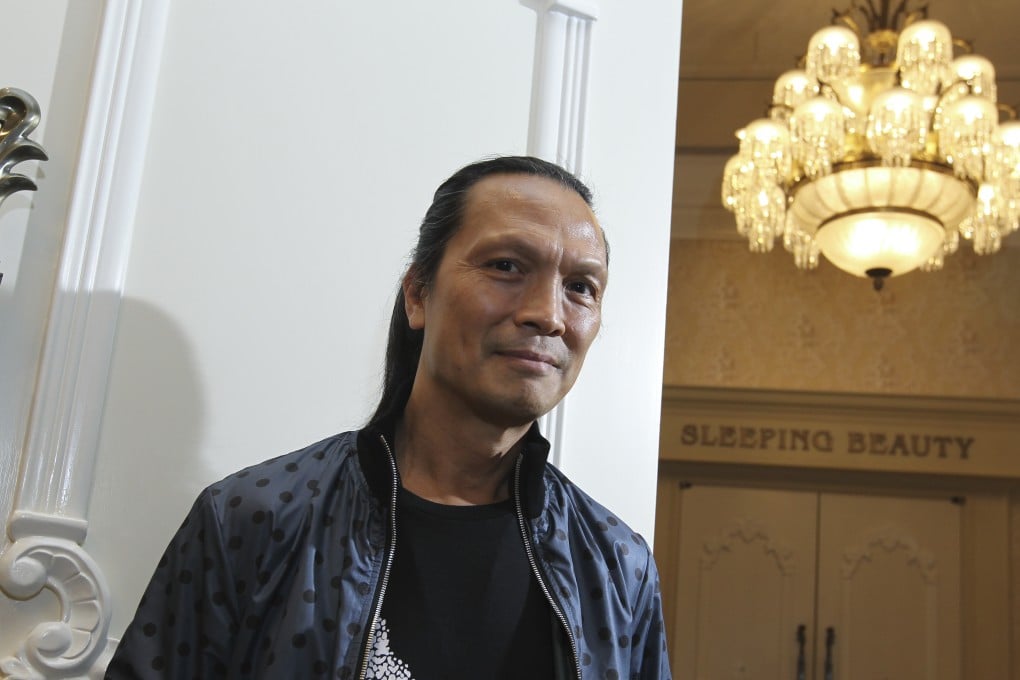Hong Kong-born MasterChef Asia judge Susur Lee on the importance of food
The chef, who owns restaurants in Toronto and Singapore, tells Bernice Chan about growing up one of six children in Sham Shui Po, the MasterChef experience, and how we’d all be ‘vegetables’ without our food

Tell us about your childhood. “I grew up in Sham Shui Po and my older brother would sneak me into the Golden Theatre to watch movies. We’d eat chicken feet with mustard and sweet sauce. When you dropped the bones you would feel the rats running around your legs. We lived on a housing estate and a guy selling Chinese olives would whistle very loudly on the street. You threw the money at him and he would throw you the [pack of] olives, which we called ‘airplane olives’.”
Why is food so important to you? “Food is connected to our memories – without it we’re vegetables. With wonton noodles these days, you can’t taste the chai yu [dried fish] in the broth – it used to be so rich, with a smokiness [similar to] bonito flakes. I remember eating beef brisket noodles; I watched them being made in a huge wok into which the cook would add ginger, star anise and onion, chu hou paste and then tomato paste. It was so good! Now, at my restaurant in Singapore, Tung Lok Heen, I tell my chef to add tomato paste, as it brings out the braised sweet and sour taste.”
See also: MasterChef Asia has started, but where are the Hongkongers?
Why did you to move to Canada in 1980? “I fell in love with this girl [his first wife, Marilou Covey, who taught in Hong Kong and who died in the 1983 Korean Air Flight 007 disaster] from Tillsonburg, Ontario, and she went back so I followed her. She studied for her PhD and I worked in the kitchen. Toronto is a place to make a living – not to learn how to live. But I learned to be comfortable with different cultures – Greek, Italian, French, German, Korean. Everyone spoke with a heavy accent. They always talked politics and food. It was a big education in multiculturalism.”

Why did you become a judge on MasterChef Asia? “I want to show the contestants there’s more out there. They are home cooks who have a true love of food. But at home there is not a time limit or a business side [to cooking]. I can teach them what it’s like being a [professional] chef. I also learn from the contestants their techniques and cultures.”
How are your two eldest sons, Levi and Kai, involved in your restaurant business? “They are running it, mostly front of house, so now I find myself being more creative and focusing on the food. In the beginning, I wanted to teach them everything about the business – management, food, relationships. Now they have lots of experience. They are opening their own restaurant in a few months – a kind of supper club. I really treasure seeing them grow, how they think.”
